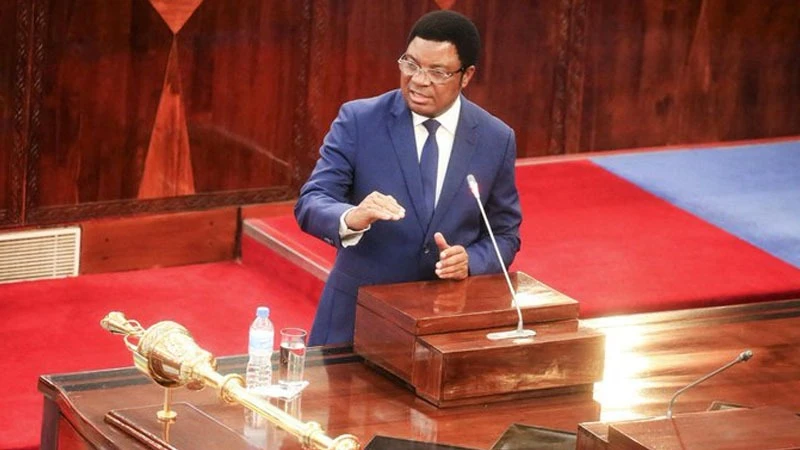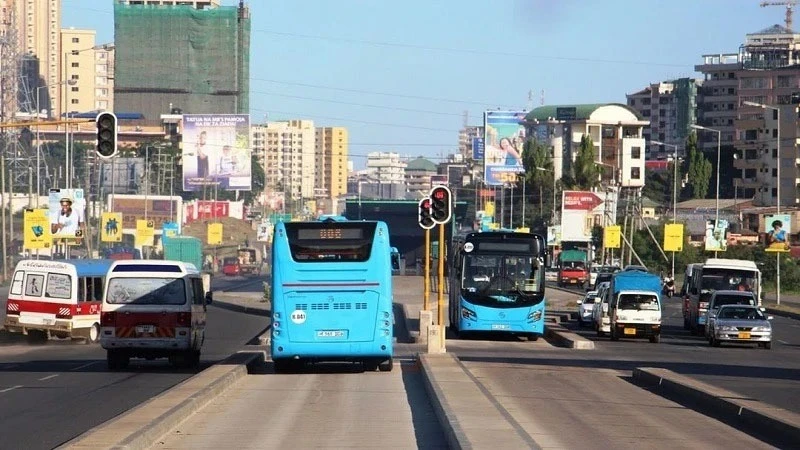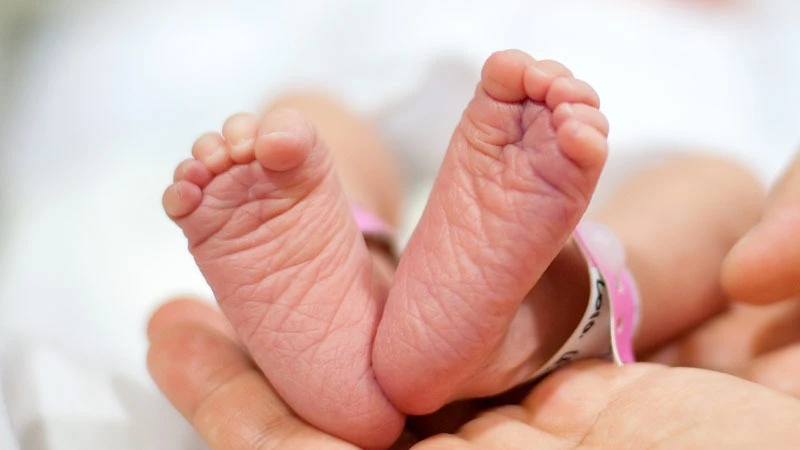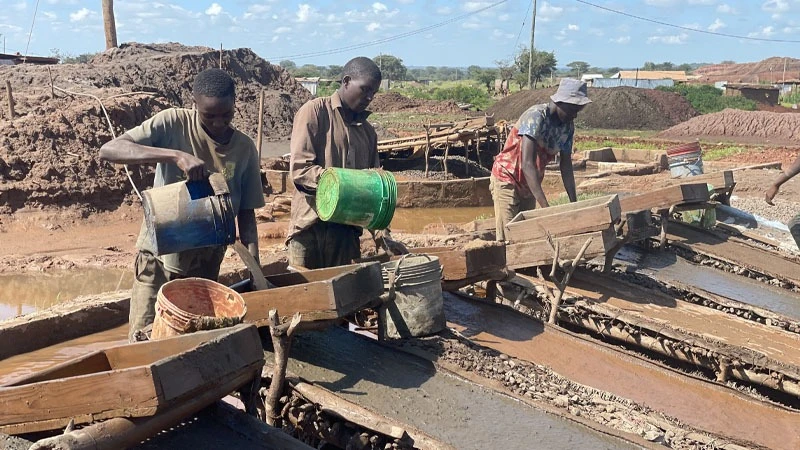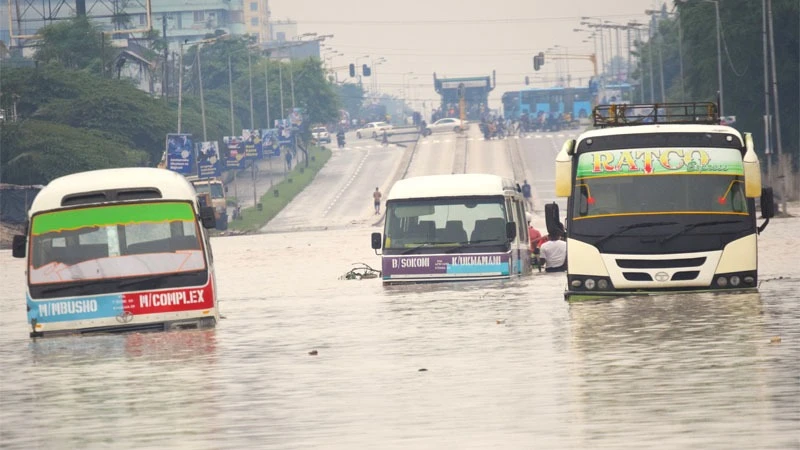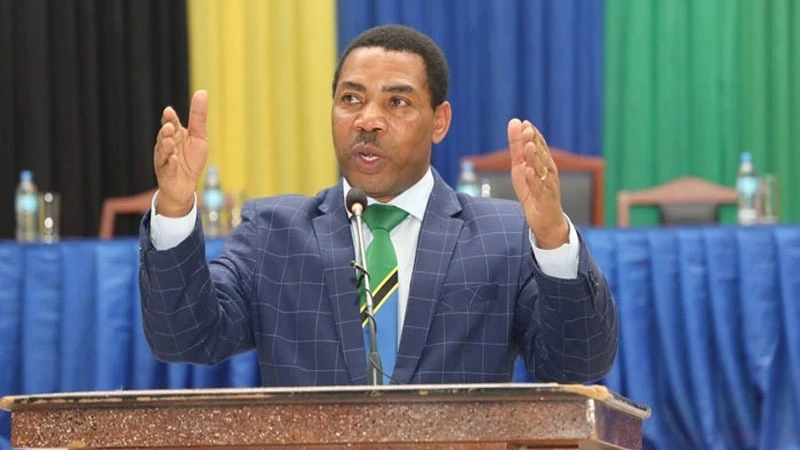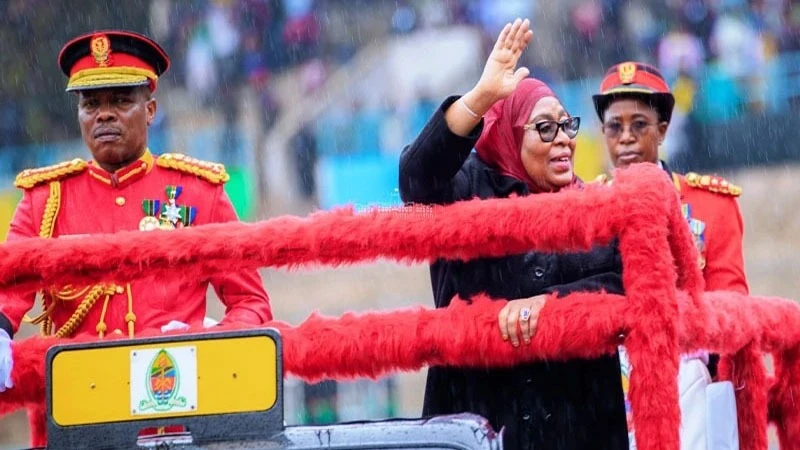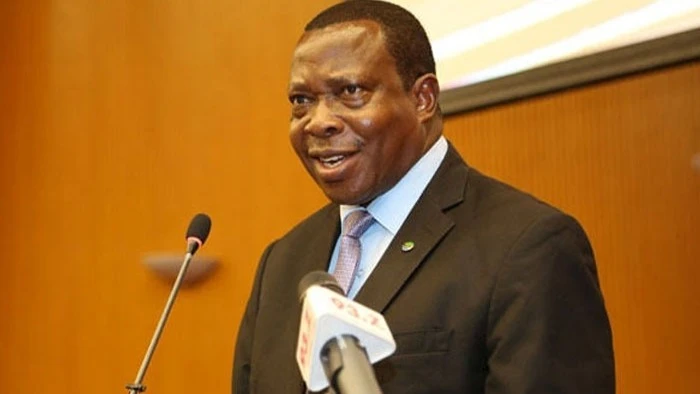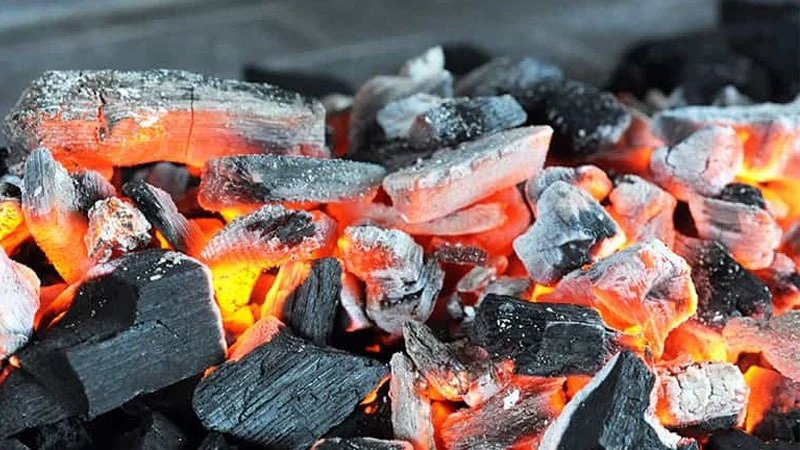French agency, funding hydropower, has cleared myths about clean energy
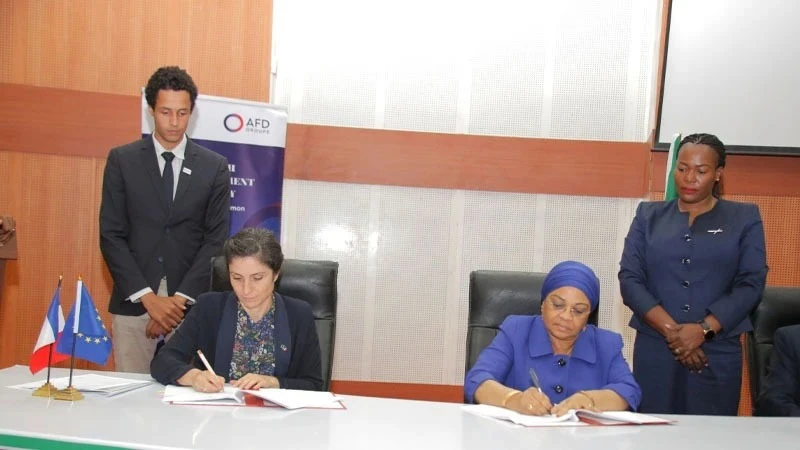
JUST what clean energy means was the key issue being contemplated when the government and the French Development Agency (AFD) lately signed a grant agreement for euro 34.86m (96.47bn/-) for the Kakono hydropower project in Kagera Region.
The AFD country director dwelt on the significance of the project as if it was something quite new, and there was a reason for that posture. As someone living in Tanzania and exposed to what we routinely say about clean energy especially in relation to cooking energy solutions, there was a point in the effort, and hopefully it may help to inform policy in that direction, soon.
Going into details after the brief signing ceremony in the capital, the director said that the grant delegated by the European Union (EU) assists environmental and social management plans, as 87.8MW of hydropower can change some things in that regard.
One point the director was stressing is that Tanzania’s energy mix is currently based mainly on thermal power plants (gas-fired), apart from hydropower. There was reference to considerable untapped renewable energy potential, including hydropower, which also says geothermal, solar, etc.
The idea from the EU is that this potential should be mobilised to meet the country's growing electricity demand but on a low-carbon path, which the local atmosphere is by and large adrift of that need. Issuing a loan to finance the hydropower plant was tied to the wish to support this trajectory, which the country director presented as if it was a policy trajectory, whereas our proper outlook is directed elsewhere.
The development partners, in financing the Kakono project, had to make a point about increasing renewable generation.
The other point made about the Kakono project specifically is that it reduces hydrological risk, with a dam located on a new watershed less affected by droughts.
That provides the background to expected sustainability of the project when it is said to be unlikely to be hit by droughts the way we have continually experienced with Kidatu and Mtera hydropower plants, in particular. In that case the project is seen to be fully in line with international climate objectives,a reason for development partners to focus on it, and wishes it as a policy axis.
The idea that EU and others intend to support Tanzania in its energy transition to reduce the carbon intensity of the power sector was a sort of appeal to change tact.
The government appears to be overly satisfied with transition to natural gas as the proper solution to energy needs, in contrast to the global agenda of cuts in carbon footprint where possible. That 87mw of hydropower reduces greenhouse gas emissions by 216,065t of CO2 per year is not the sort of data we often hear.
What this effort on the part of the lending agency country director is that local energy policy analysis needs to tune their language to global environmental concerns. By contrast, at present we are closely knit with the OPEC group as a natural gas producer, explaining including the dominant idea here at present that natural gas is clean cooking energy.
This is true for homes and not for the atmosphere, in which case proper clean cooking energy can be obtained in large amounts and at local level by allowing biomass projects in neighbourhoods, etc.
Top Headlines
© 2024 IPPMEDIA.COM. ALL RIGHTS RESERVED






